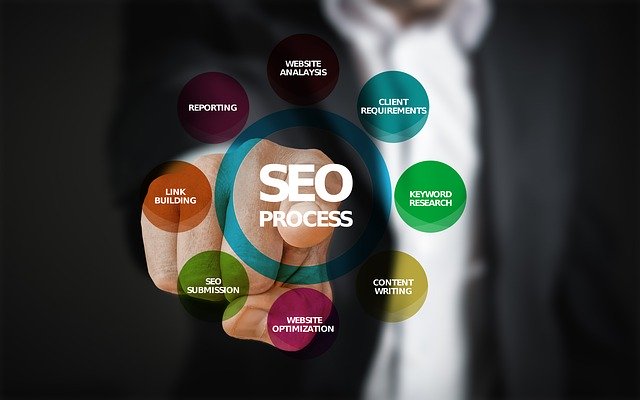
The Future of SEO
The Internet has brought about a revolution, not only in the world but also in our heads. There are things, professions, and objects that we consider incredibly important for our existence and well-being, which did not exist fifty years ago. We have transferred a significant portion of our life online, and it is no wonder that we are so connected to it. Websites have become just as important to us as real-life addresses, or even more, given the frequency with which we visit them. Again, it is no wonder that there are people whose job is based on people visiting web pages. But SEO has been around for decades, and many people argue that its methods are slowly becoming outdated. So what is the future of SEO?
What is SEO?
 SEO stands for search engine optimization, and it refers to anything that can be done to improve the traffic of a certain website. However, this does not refer to all traffic; SEO only aims for “organic” results, which occurred when Internet users used a search engine and clicked on the website that showed up in the results. Paid visits and direct links to a website that were shared otherwise are not the aims of SEO, and neither is paid advertising. SEO works by adapting websites, their design, appearance, and content to be better ranked in web searches, which in turn increases the traffic.
SEO stands for search engine optimization, and it refers to anything that can be done to improve the traffic of a certain website. However, this does not refer to all traffic; SEO only aims for “organic” results, which occurred when Internet users used a search engine and clicked on the website that showed up in the results. Paid visits and direct links to a website that were shared otherwise are not the aims of SEO, and neither is paid advertising. SEO works by adapting websites, their design, appearance, and content to be better ranked in web searches, which in turn increases the traffic.
But what has changed, and what does the future hold?
The pace
 We often remark that life is much faster-paced today than it used to be a few decades ago, but we are not really aware of the truth that lies behind this. Our smartphones allow us to constantly be online, and we are spending most of the time going through apps or browsing Internet pages. Therefore, SEOs need to pay special attention to the speed with which Web pages load, and to the content that is presented. People no longer want to spend a lot of time looking for the bit of information that lies on the page. This is why it should be placed prominently, to satisfy the demand of the visitor. Solving this problem will reduce the bounce rate, i.e. the number of visitors who come to your page and leave before spending enough time for the search engine to record it.
We often remark that life is much faster-paced today than it used to be a few decades ago, but we are not really aware of the truth that lies behind this. Our smartphones allow us to constantly be online, and we are spending most of the time going through apps or browsing Internet pages. Therefore, SEOs need to pay special attention to the speed with which Web pages load, and to the content that is presented. People no longer want to spend a lot of time looking for the bit of information that lies on the page. This is why it should be placed prominently, to satisfy the demand of the visitor. Solving this problem will reduce the bounce rate, i.e. the number of visitors who come to your page and leave before spending enough time for the search engine to record it.
AI
If you are talking about the future, it is likely that you will mention artificial intelligence at some point. When it comes to SEO, one major difference that stands out when it comes to search engines is that the AIs behind them are getting better at interpreting visual content, and actually deciphering what goes on in a photo or video. Moreover, as more people use smartphones every day, the rate of voice searches is going up. They are no longer strings of words necessary for quickly searching the Web; people talk to Siri, Google, and Cortana as if they were real people. This means that SEOs need to adapt their content and include a conversational tone in their queries. However, there are numerous variables that determine the future of SEO, these are only some of them.
